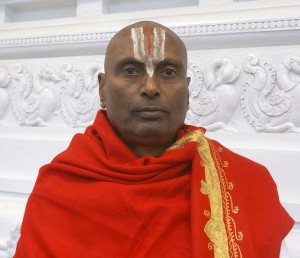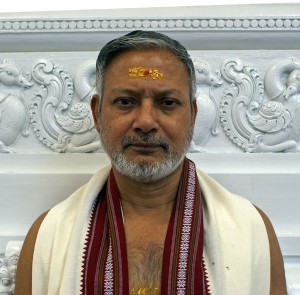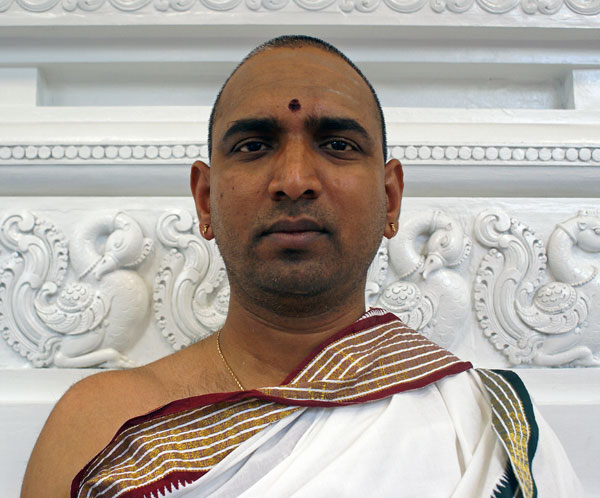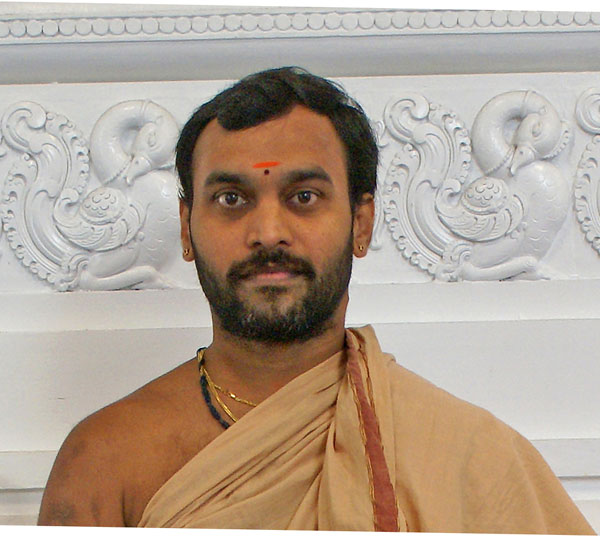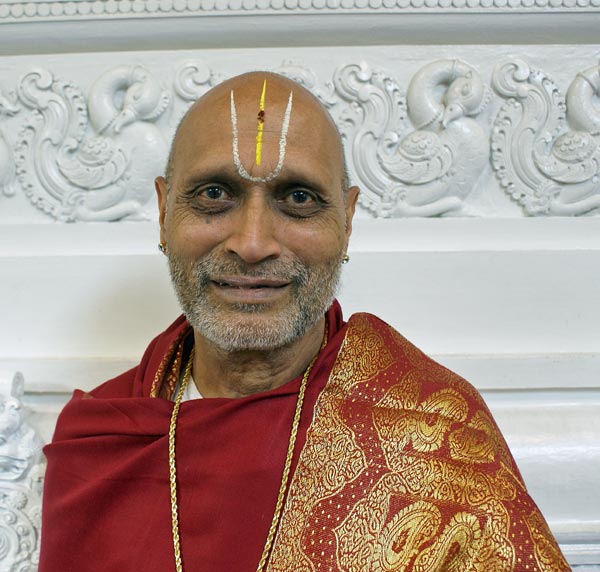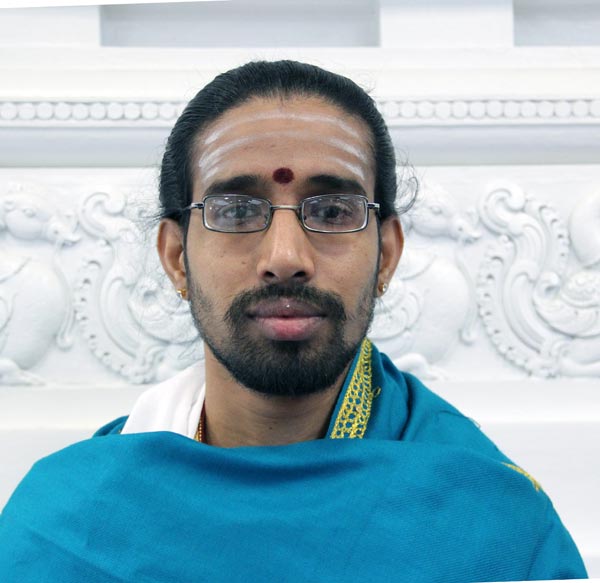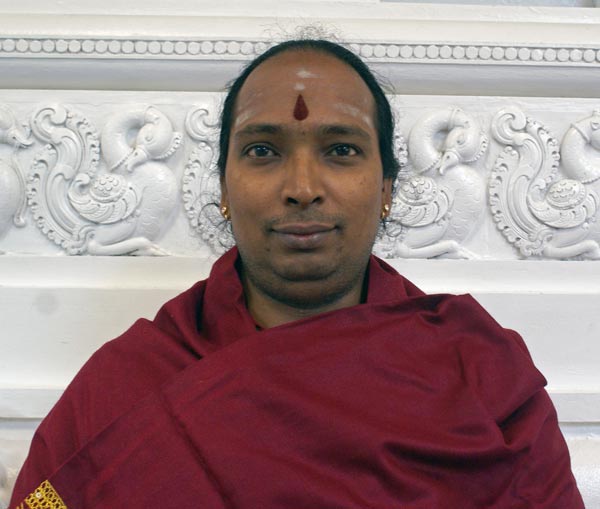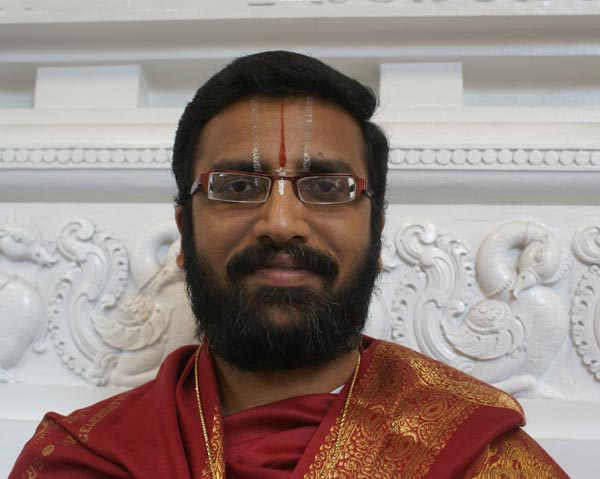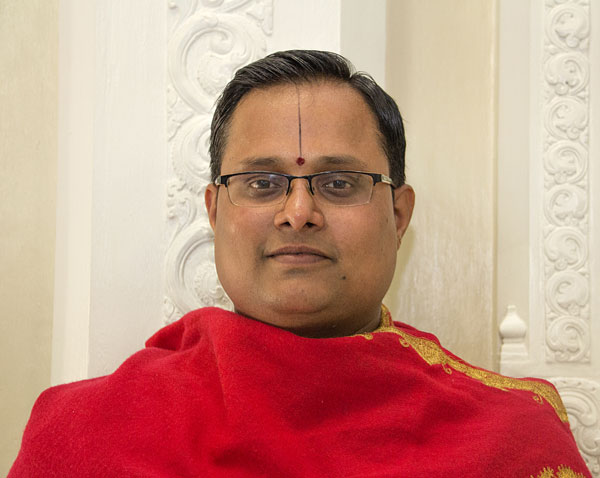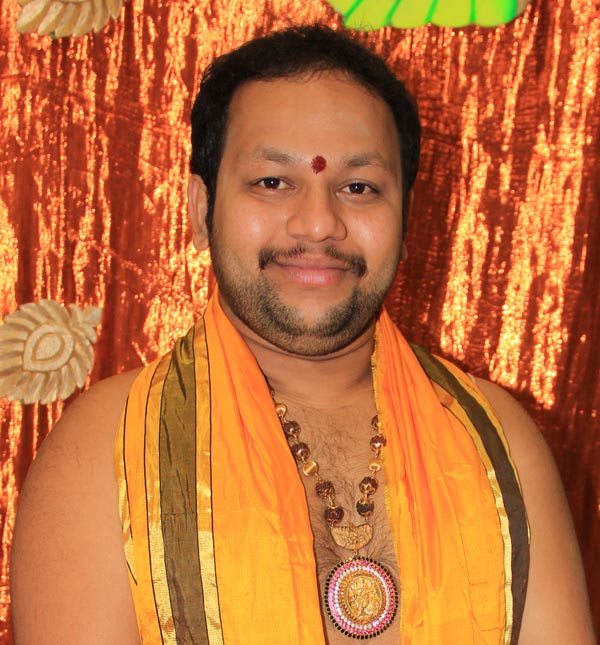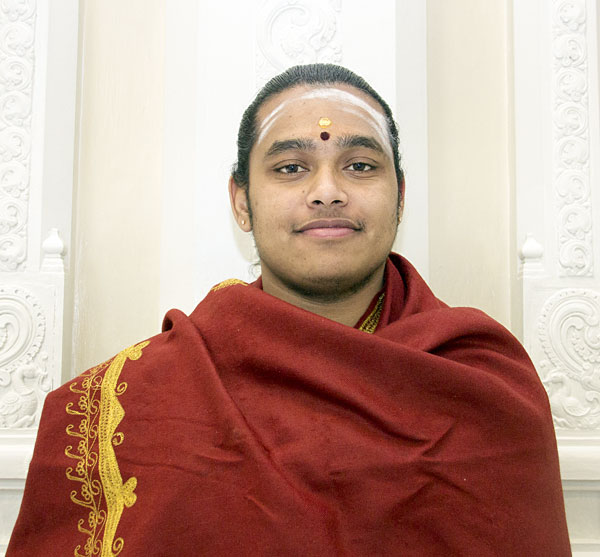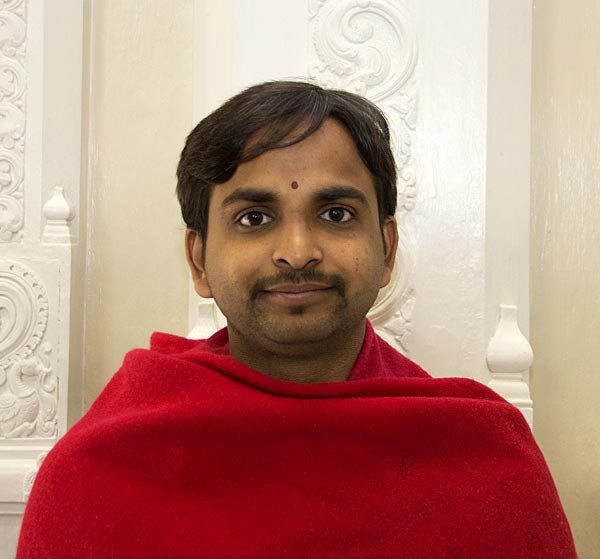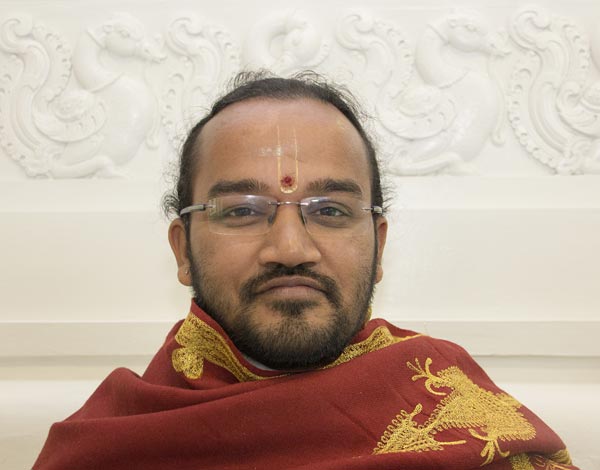Festivals
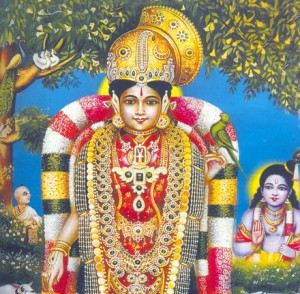
Andal Kalyanam
Legend has it that Periaalwar discovered a beautiful infant girl in in a lush grove. A delighted Periyaalwaar, brought up this infant, as his own daughter, naming her Kodai. A devout poet himself, Periaalwaar, brought up his foster daughter in his own footsteps.
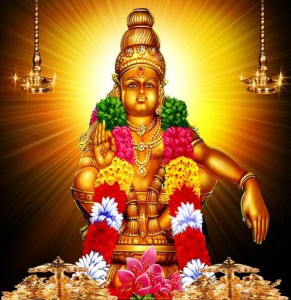
Ayyappa Makara Sankranthi
The miracle of the manifestation of 'Jyothi' on the Makara Sankranthi Day every year from the Kantha Malai peaks at Sabari Malai is attributed to the appearance of Swami Ayyappan to bless His devotees.
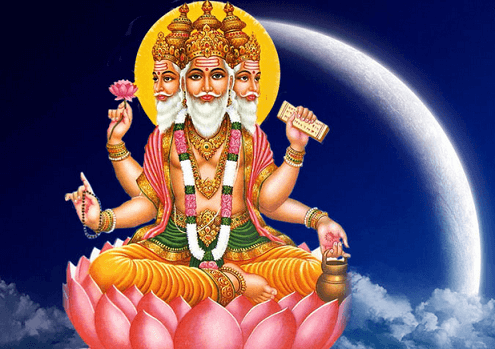
Bhramotsavam
To ward off all sins, Brahmotsavam is celebrated. Lord Brahma Himself is believed to have celebrated the first Brahmotsavam to please Vishnu and according to legend this was the beginning of the Brahmotsavam.
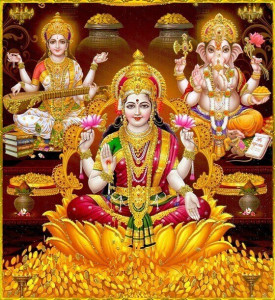
Deepavali
Deepavali (Diwali) meaning a ‘festival of lights’ is celebrated in different ways in Hindu households.The word "Diwali" is the colloquial version of the Sanskrit word "Deepavali" - Deepa meaning light and Avali, meaning a row.
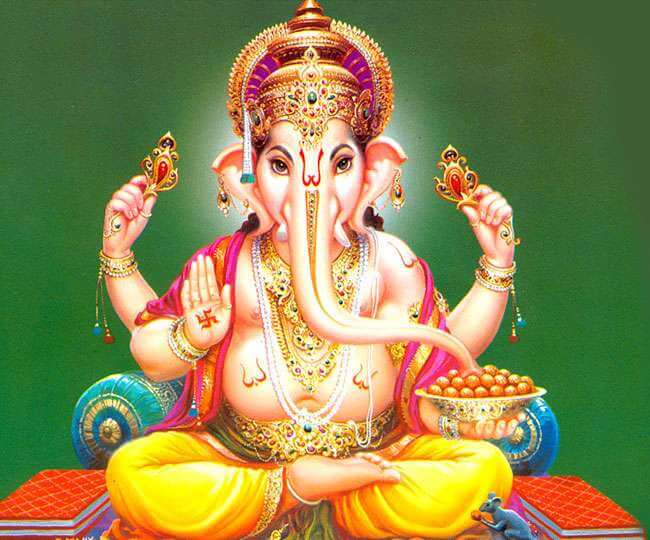
Ganesha Chathurthi
Lord Ganesha, affectionately called Ganapati is commonly depicted in homes and offices throughout India as chubby, smiling and a little mischievous. His devotees ascribe to Ganesh the ability to bestow wisdom and wealth upon us humans.
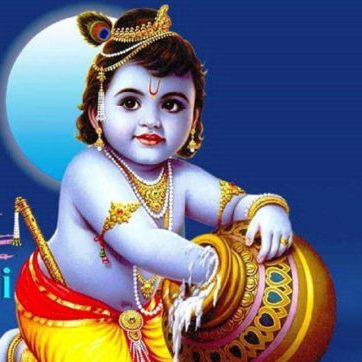
Guruvayoor Ekadasi
The Shukla Ekadasi prior to Vaikunta Ekadasi is celebrated as Guruvayoor Ekadasi and GeetaJayanti. On this day Lord Krishna revealed the Bhagawad Geeta to Arjuna in the battlefield of Kurukshetra. It is a tradition Guruvayoor to read the Narayaneeyam.

Krishna Jayanthi
The birthday of Lord Krishna, an incarnation of Vishnu, is celebrated on the 8th day of the dark fortnight in the month of Sravana (July August) in India. Men and women fast and pray on the occasion of Janmashtami. As it is the worship of infant Krishna.
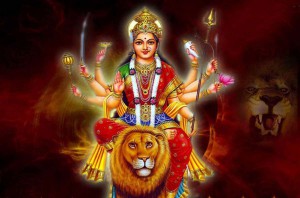
Navaratri
Sarada Navaratri is one of the most popular Hindu festivals spanning a period of nine nights. The Goddess in the form of the Universal Mother is commonly worshiped during the nine nights and ten days and hence it is also known as Devi Navaratri.
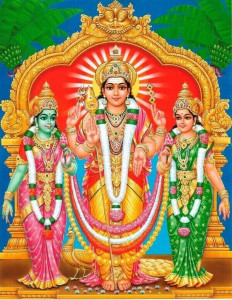
Panguni Uthiram
Panguni Uttiram (Meena Uttaraphalguni in Sanskrit) is one of the few festivals that is significant and important for several Deities in our temple. It is the Jayanti (Day of Incarnation) of Lord Ayyappa. It is also an important festival day for Lord Subramanya (Muruga).
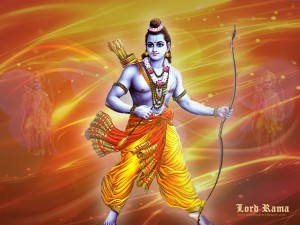
Ramanavami
Ramanavami is celebrated on the 9th day in the bright half of Chaitra and represents the birth anniversary of Sri Rama. This festival is usually celebrated the over a 9 day period. Traditionally, Naama Ramayanam will be chanted followed by Hanuman Chaleesa.
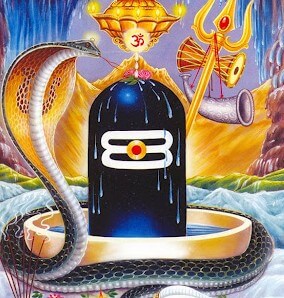
Sarpabali
Sarpabali is the worship of Lord Nagaraja to ward off the bad effects of Sarpa Dosha, to help mitigate and eradicate the problems of skin diseases, to help people in search of life partners find suitable spouses, for progeny and for the overall well being of all.
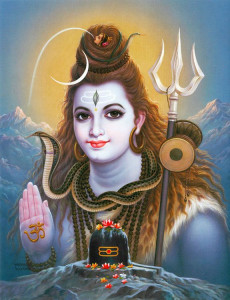
Sivarathri
Sivarathri means Siva’s Night. It is one of the most important fasts observed by saivites. Maha Sivarathri falls on to the fourteenth day after full moon in the month of Masi (Maghah) February - March.
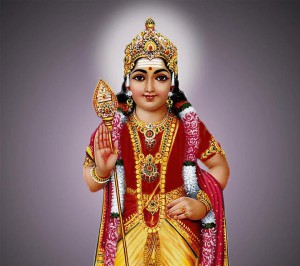
Skanda Shashti
Skanda Shashti marks the truimph of Lord Subramanya over the evil Sura Padma. The son of Lord Siva killed the demon Sura Padma with his Holy Spear (Vel) and brought relief and joy to the suffering Demi-Gods and humanity.
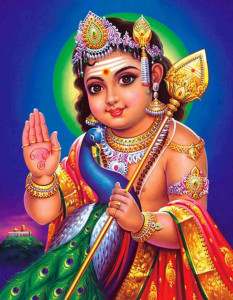
Thai Pooshyam
A festival occurring in the Tamil month Thai (January-February), on the day of the star Poosam around Pournami (Full Moon) is celebrated as Thai Poosam. There are several legends about the festival Thai Poosam.
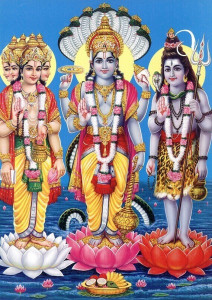
TriMurthi Puja
Separate temples for Siva and Vishnu are common in most parts of the world where Hinduism is practiced. Temples housing Siva and Vishnu under the same roof are however rare. Our temple was founded under the principle of unity of Siva and Vishnu.
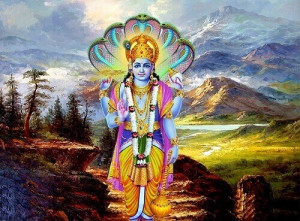
Vaikunta Ekadasi
Vaikunta Ekadasi, is considered to be the most important Ekadasi in the Sri Vaishnava tradition. According to one Vishnu Purana, observing the Ekadasi Vrata on Vaikunta Ekadasi day confers the benefit equivalent to observing all the Ekadasis during the year.
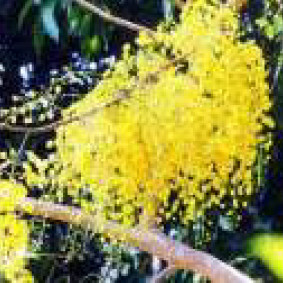
Vishu
Vishu is the first day in the first Malayalam month of Medam (April-May). The traditional rituals followed in the festival are believed to usher in another year of prosperity for the Keralites.


